New Bio+ Projects to Bio4Energy Researchers
Bio+ is a research and innovation program funded by the Swedish Energy Agency, with the aim to develop bio-based solutions and value chains as well as increase knowledge and competence about how these should interact with each other and with other energy systems.
Three new projects recently granted funding within the program are lead by Bio4Energy researchers::
- Online optimization of biomass high-temperature energy conversion processes
Alexey Sepman, RISE Research Institutes of Sweden – Bio4Energy Thermochemical Conversion.
The project aims to develop and apply new software that integrates diagnostic sensors based on tunable diode laser absorption spectroscopy, direct imaging techniques, and machine learning. The software will provide online real-time data on conversion efficiency, biomass moisture content, fuel feeding variation, and emissions in Swedish bio-based pilot and full-scale plants. The data will be used to perform feedback control and propose optimized operating practices for these plants. The expected outcome is the improvement of process efficiency and flexibility, reduction of pollutant emissions, along with increased digitalization in industry.
- Policies for a long-term and sustainable raw material supply of forest biomass
Robert Lundmark, Luleå University of Technology – Bio4Energy Systems Analysis and Bioeconomy.
The project analyzes consequences of complex interaction between changes in different variables on forest-based raw material supply, and develops new and innovative methods to be able to provide holistic and comprehensive insights for a long-term and sustainable supply of raw materials. Time-dynamic and spatial development are presented in scenario descriptions and analyzed from a social science perspective, something that is missing today.
- Upgrading of biobased pyrolysis oil in existing refinery infrastructure
Linda Sandström, RISE Research Institutes of Sweden – Bio4Energy Thermochemical Conversion.
This project will investigate and further develop a concept called derivatization, where pyrolysis oil is reacted with a renewable oil, such as tall oil, and thereby forms a more stable product. The derivatized product is miscible with fossil oil and can be co-refined with these. The derivatization concept will be investigated experimentally and technoeconomically and a suggested industrial process for the concept will be developed.


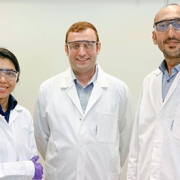 Bio4Energy©2022
Bio4Energy©2022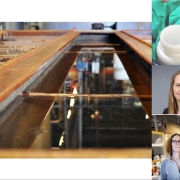 Bio4Energy
Bio4Energy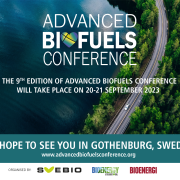 Svebio
Svebio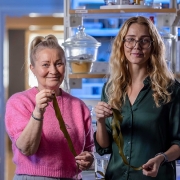 LTU
LTU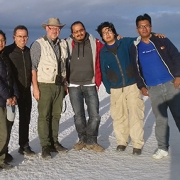 Bio4Energy ©2022
Bio4Energy ©2022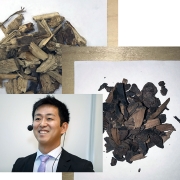 Courtesy Kentaro Umeki. Collage by Anna Strom
Courtesy Kentaro Umeki. Collage by Anna Strom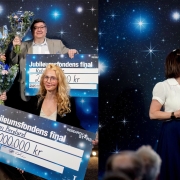
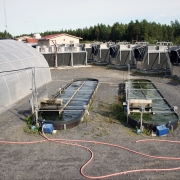





 ©AnnaStrom
©AnnaStrom